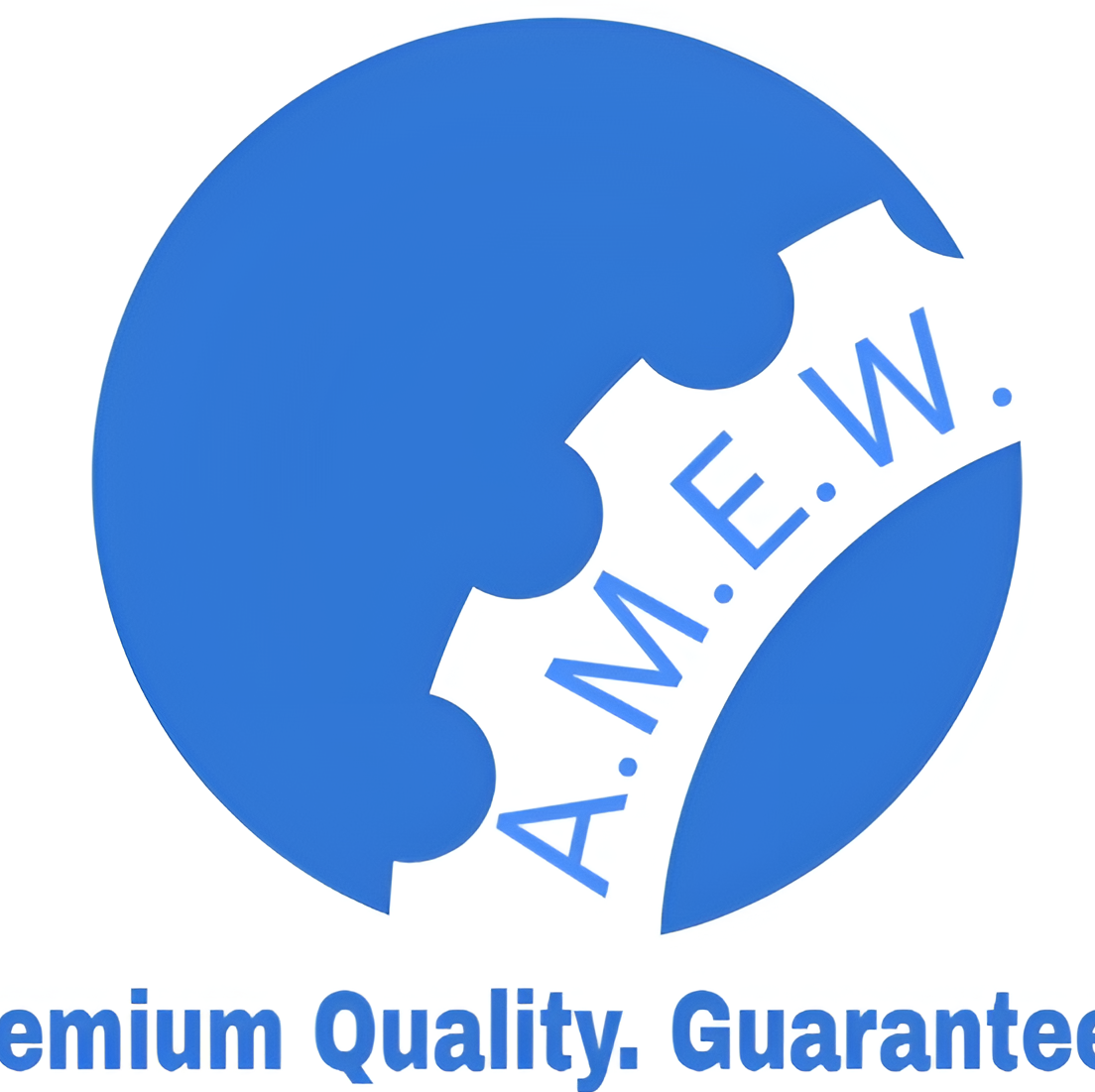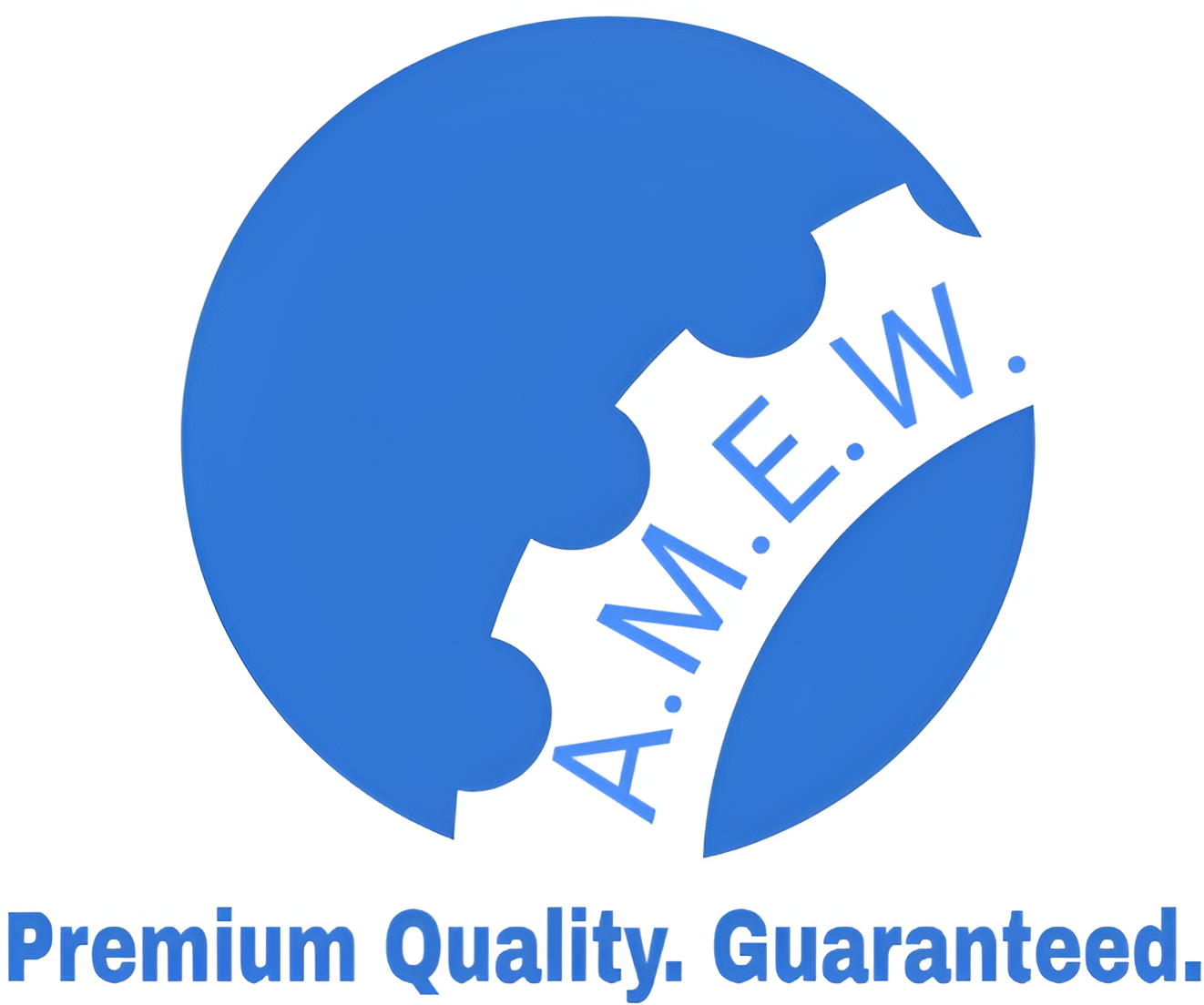Forged Couplings: The Backbone of Connectivity in Heavy Industries
When it comes to heavy-duty industries like drilling, construction, and civil engineering, every component matters. One such critical component that holds these operations together is the forged coupling. Often overlooked, forged couplings play a pivotal role in connecting machinery and transporting fluids, gases, or other materials under extreme conditions.
If you’re a drilling professional, construction worker, or civil engineer, understanding forged couplings can help ensure the reliability, safety, and efficiency of your operations. This blog dives deep into what forged couplings are, their types, applications, benefits, and how to maintain them for long service life.
What Are Forged Couplings?
Simply put, a forged coupling is a mechanical device used to join two shafts or pipelines together to transfer torque or fluids. What sets these couplings apart is their manufacturing process. Forged couplings are created by applying compressive force to steel or other metals, shaping them into robust components with enhanced strength and durability.
Importance of Forged Couplings
Forged couplings are vital in industrial environments where machinery and piping systems operate under high pressure and extreme conditions. Their strength, ductility, and fatigue resistance make them the preferred choice for heavy-duty applications. Without the secure connections provided by these couplings, operations could face costly failures, loss of productivity, and heightened safety risks.
Types of Forged Couplings
Not all forged couplings are created equal, and different projects require different specifications. Here are some common types of forged couplings based on material, size, and pressure ratings:
1. Based on Material
- Carbon Steel Couplings
Known for their excellent strength and durability, these are typically used in high-stress applications such as oil and gas pipelines.
- Stainless Steel Couplings
Resistant to corrosion, stainless steel couplings are ideal for industries engaging with water, chemicals, or other corrosive substances.
- Alloy Steel Couplings
Designed for areas requiring superior strength and resistance to heat, making them perfect for drilling and high-temperature applications.
2. Based on Size
- Full Couplings
Designed to connect two full-length shafts or pipes.
- Half Couplings
Used to connect shorter pipes or act as an endpoint in piping systems.
3. Based on Pressure Ratings
- High-Pressure Couplings
These handle elevated pressure ranges above 15,000 PSI, commonly used in deep drilling operations.
- Low-Pressure Couplings
Suitable for less intense applications, typically found in construction and civil engineering projects.
Applications Across Industries
Forged couplings are indispensable in several industries. Their versatility shines through when handling heavy loads, maintaining operational safety, or ensuring seamless transportation of materials. Below are real-world applications:
1. Drilling Industry
Forged couplings are the unsung heroes of the oil and gas sector. From connecting drill strings to securing pipelines, these components ensure that operations in high-pressure environments run smoothly. High-grade couplings made of alloy steel are often used in offshore rigs, where equipment reliability is non-negotiable.
2. Construction Industry
Construction workflows heavily rely on forged couplings for connecting reinforcement bars, bolting large framework systems, or attaching hydraulic equipment. Their strength and adaptability make them invaluable, particularly in large-scale projects like bridges and tall buildings.
3. Civil Engineering
Water distribution networks, sewage systems, and transportation infrastructure heavily rely on forged couplings to connect pipelines securely. Corrosion-resistant options, like stainless steel couplings, are especially popular in these environments due to their ability to withstand long-term exposure to water and other elements.
Why Choose Forged Couplings?
Industrial components, especially couplings, need to stand the test of time. Forged couplings are engineered to deliver unmatched performance in harsh conditions. Here’s why they continue to be the gold standard in heavy industries:
1. Durability
Thanks to the forging process, these couplings boast a stronger microstructure, making them resistant to cracks, deformities, and wear—even under extreme stress.
2. Reliability
Forged couplings ensure seamless connections that endure high-pressure environments. Their design minimizes the risk of failure, which is critical in industries where safety and precision are top priorities.
3. Safety
The integrity of forged couplings contributes to workplace safety. Their ability to resist unexpected failures or bursts reduces the risk of accidents, protecting both the equipment and the employees who rely on them.
Maintenance and Inspection Tips
Even the most robust equipment needs regular checks to ensure peak performance, and forged couplings are no exception. Here are some essential maintenance tips:
- Routine Inspections
Look for any signs of wear, rust, or deformation, especially in high-pressure environments. Catching minor issues early can save costs and downtime.
- Lubrication
Apply suitable lubricants to prevent corrosion and ensure smoother operation, particularly for couplings in rotating equipment.
- Pressure Testing
Regularly test couplings under operational pressure to identify potential vulnerabilities before they escalate.
- Proper Storage
Store unused couplings in non-corrosive environments to prolong their lifespan. Use protective coatings for additional defense against rust and moisture.
- Follow Manufacturer Guidelines
Ensure all installation and maintenance procedures align with the manufacturer’s specifications.
Unlock Greater Efficiency with Forged Couplings
Forged couplings underpin the infrastructure of heavy industries, ensuring that operations remain reliable, efficient, and safe under challenging conditions. Whether you work in drilling, construction, or civil engineering, these components are indispensable for maintaining the integrity of machinery and systems.
Investing in top-quality forged couplings, combined with proper maintenance, is key to minimizing downtime and extending the lifespan of your equipment. If you’re unsure about the right coupling for your application, consulting with an experienced professional can make all the difference.
Looking to upgrade your operations with durable, reliable forged couplings? Connect with a trusted manufacturer today to ensure your projects are built to last.

